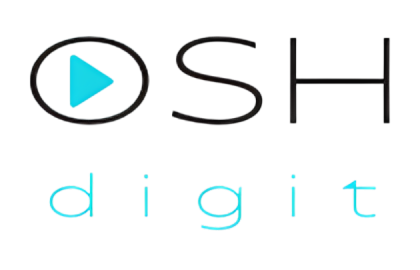Your cart is currently empty!
17. Timing Organization
Organization of the first/second week- pilot project

Time organisation becomes crucial to achieve the targets and positively evaluating the control points (see control points below). As such, an initial organization of the project must be presented in the beginning, which will work as a guideline that can be applied in the primordial phase (1st week) and the subsequent phases or during the PBL.
After being welcomed by the different members of the course, students have a first interaction with the PBL concept which should be an information/formation time destined to ensure the integration of the students into this concept. There, the project theme, team formation, allocation of tutors and project space must be presented to the different teams. It is desirable that the different teams that teams are challenged with a mini-project pilot project during the 1st and 2nd weeks, whose results must be presented by the students at the end of these weeks of work.
In the first week, the teams are expected to explore and investigate state-of-the-art related to the subjects of their projects. Therefore, it is expected that, in this initial time, the students can organize themselves and not only collect the most relevant information about the theme but also that they can be able of evaluating, criticise that information, organise and systematise the most important information, and relate them to the curricular units.
It is important to ensure that the teamwork is systematised and that the students know their responsibilities. The essential skills they should have since that very first moment are coordination, the ability to manage the work team and communique the work devolved to the colleges and coordination team (there is the 1st control point). There is expected that teams can adequately the choice made related to the tools utilised during the process for self-organisation and team organisation. We can see in the following table the time organisation for these first 2 weeks:
Year-round organization
The base schedule should consider the different shifts for better distribution of the teams for the classes, described in the following file:
Control points
The milestones or control points are related to the formal control of the project’s progress, ensuring the work’s adequate rhythm and organisation and that the teams have their liberty. It’s not about monitoring technical work overtime but assuring the right rhythm and distribution/organisation of the work. The essential points of control in the OSHDigit PBL Tool are evidenced in the following table:
| CP | Date | Deliverable |
|---|---|---|
| 1 | 2nd week | Presentation of the Pilot Project (10’ per team + 5’ discussion). |
| 2 | 6th week | Presentation of the progress of the project (10‘ per team) + extended tutorial (15’ per team). |
| 3 | 9th week | Presentation of the results IEM@ProjectNetworking (5´ per team). |
| 4 | 12th week | Delivery of the preliminary report (40 pages). |
| 5 | 14th week | Delivery of the final report (50 pages maximum)) + Prototypes. |
| 6 | 15th week | Final Presentation and Discussion (15’ per team + 30’ discussion). |
This must be respected and it is mandatory to obtain the final project score. All documents should be delivered in electronic format, using the support platform, or in a different format but always discussed and combined by all the teachers involved.
-
20. Student’s perception and feedback about the evaluation
The 21st-century competencies are different considering that with COVID-19 digitalization was boosted what brings the necessity to acquire new ones and re-evaluate teaching strategies, particularly because of the unpredictable situations related to relating to those times and the type of teaching context- online (Howe & Watson, 2021). The 4 most reported are: critical thinking/problem-solving; creativity;…
-
21. Resources

Resources can be physical or digital. A set of tools that can be used in the different approaches to problem-solving in the different phases will be supplied. Students should use several reputable platforms to substantiate their research, but they can also use physical resources generally used in interacting with labour environments, like equipment and “paper-pencil”…
-
22. Bibliography

Alves, A. C., & Eira, R. (2015). A aprendizagem implícita do Empreendedorismo no desenvolvimento de projetos interdisciplinares. 8–24. Alves, A. C., & Leão, C. P. (2015). Action, practice and research in project based learning in an industrial engineering and management program. ASME International Mechanical Engineering Congress and Exposition, Proceedings (IMECE), 5–2015. https://doi.org/10.1115/IMECE2015-51438 Alves, A. C.,…
